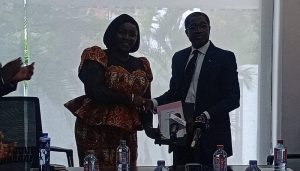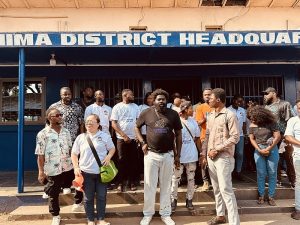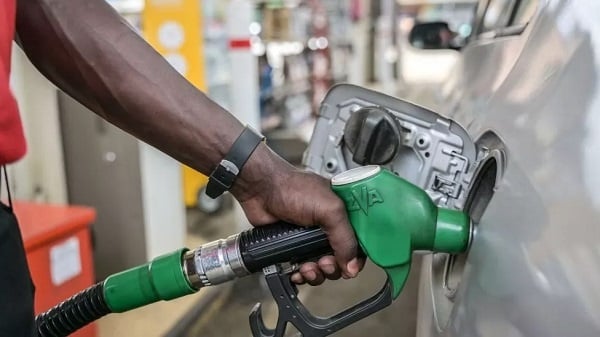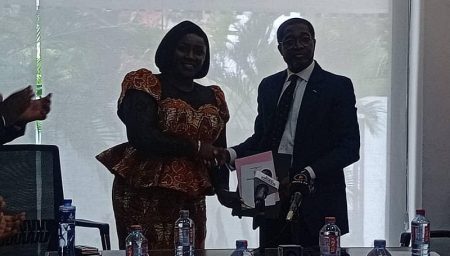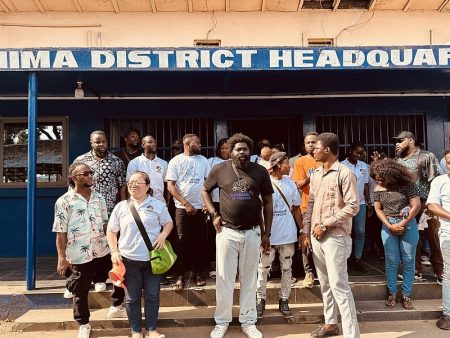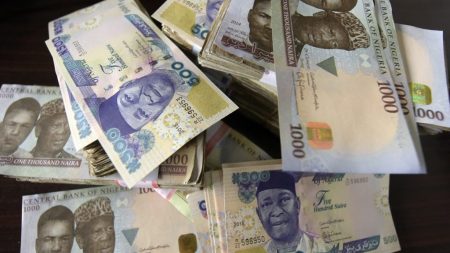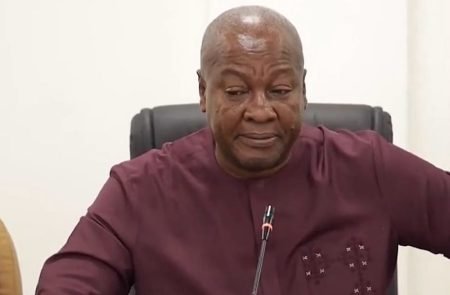The National Petroleum Authority (NPA) of Ghana has implemented a new pricing framework for petroleum products, establishing a price floor to regulate the minimum selling prices for petrol, diesel, and liquefied petroleum gas (LPG). Effective for the latter half of February 2025, this directive mandates that Oil Marketing Companies (OMCs) and LPG Marketing Companies (LPGMCs) must not sell these essential fuels below the stipulated minimum prices. This intervention is intended to promote stability and fair competition within Ghana’s downstream petroleum sector and protect businesses from potentially damaging price wars. The move aligns with the broader Petroleum Pricing Guidelines designed to foster a predictable and sustainable fuel market.
The established price floor sets the minimum selling prices for petrol at GH₵12.56 per litre, diesel at GH₵13.45 per litre, and LPG at GH₵14.26 per kilogram. This means that consumers will not find these fuels offered below these prices at any authorized retail outlet. The NPA’s objective is to create a level playing field for all market participants, preventing predatory pricing practices that could undermine the viability of smaller players or destabilize the market. The enforcement of these minimum price levels is backed by the authority of the NPA, and any company found in violation of this directive will face regulatory sanctions.
It’s crucial to understand that the newly instituted price floor represents only a portion of the final cost to consumers. The stated minimum prices do not encompass the various other cost components that contribute to the ultimate retail price of petroleum products. These include premiums levied by International Oil Trading Companies (IOTCs), operational margins of Bulk Import, Distribution, and Export Companies (BIDECs), and the marketing and dealer margins of OMCs and LPGMCs. These factors continue to be determined independently under Ghana’s deregulated pricing regime, allowing for market forces to influence these aspects of the pricing structure.
Ghana’s downstream petroleum sector operates under a deregulated pricing model, which grants a certain degree of pricing freedom to market participants. However, the implementation of a price floor introduces a regulatory element designed to mitigate the potential downsides of complete deregulation, such as destructive price competition. The NPA’s approach seeks to balance the benefits of a market-driven system with the need for oversight to prevent market distortions and ensure the long-term health of the industry. The price floor acts as a safety net for businesses, preventing a race to the bottom in pricing that could lead to unsustainable practices and potentially compromise the quality and supply of petroleum products.
The price floor mechanism is positioned as a stabilizing influence in the downstream petroleum sector, aiming to prevent a scenario where aggressive price undercutting by some companies could force others out of business, leading to reduced competition and potential supply disruptions in the long run. By setting a minimum price, the NPA strives to create a more predictable and sustainable market environment that encourages fair competition and protects consumers from the potential consequences of market volatility. This stability is further bolstered by the existing Petroleum Pricing Guidelines, which provide a broader framework for managing fuel prices in Ghana.
In essence, the NPA’s introduction of a price floor represents a calibrated intervention within a largely deregulated market. It aims to address a specific concern – the risk of unhealthy price competition – while maintaining the overall framework of a market-driven pricing structure. This approach seeks to leverage the benefits of market forces while providing a safeguard against potential market failures. The long-term objective is to foster a stable and competitive downstream petroleum sector that serves the interests of both businesses and consumers in Ghana. The success of this policy will depend on effective monitoring and enforcement by the NPA, as well as the continued adherence to the broader Petroleum Pricing Guidelines.



